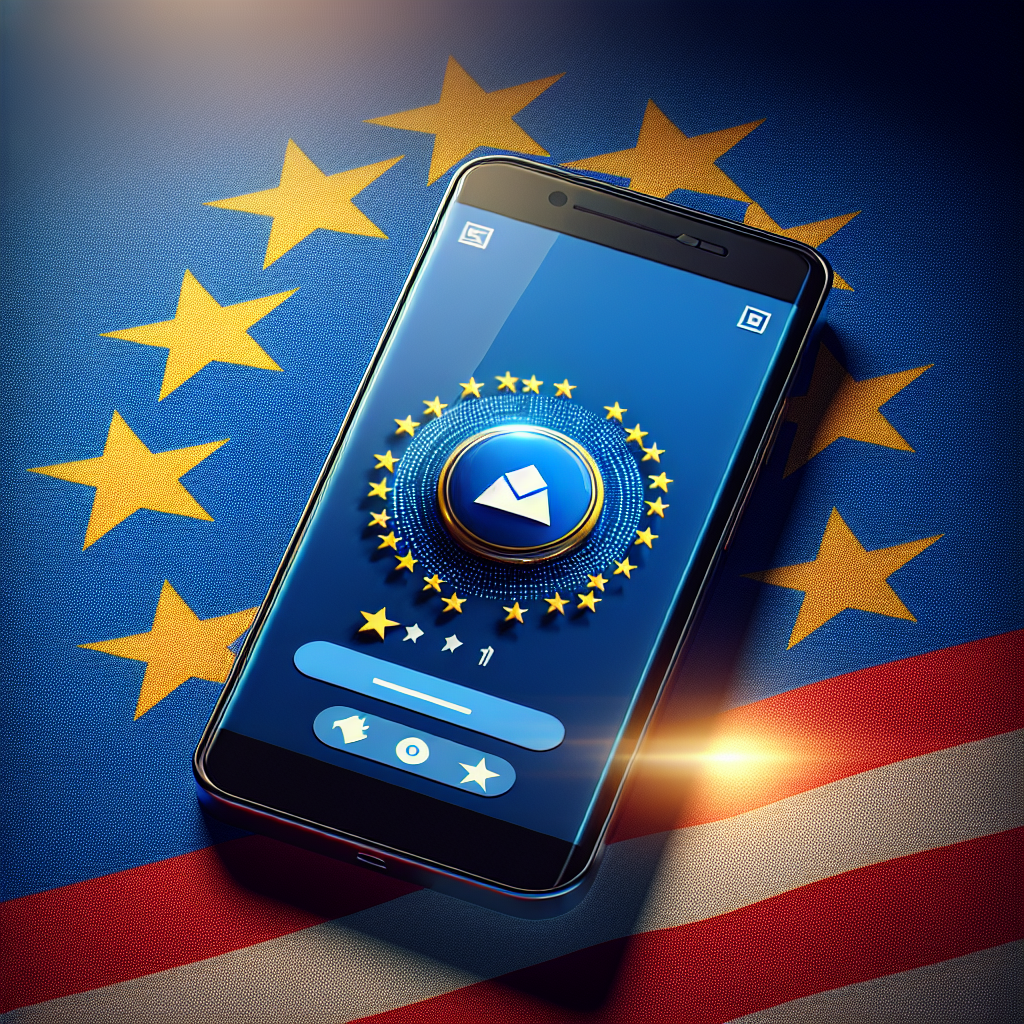The regulatory authority of the European Union announced on Friday that Elon Musk’s social media platform violated rules concerning advertising transparency, data access for researchers, and user information.
The European Commission’s findings come after months of investigation into whether X — previously known as Twitter before Musk acquired the company in October 2022 — violated the Digital Services Act (DSA). This law aims to ensure major digital platforms and their owners protect user privacy and prevent the spread of harmful content online.
The commission reported that X failed to comply with transparency rules for advertising, highlighting that it does not provide a searchable advertisement database, unlike other companies. For instance, Meta’s Facebook has an ad library where users can find any ads that have been shown in the EU over the past year, including ads related to political or social issues from the last seven years.
Additionally, Musk’s platform has been accused of denying researchers access to public data. The commission specifically mentioned Musk’s decision to place X’s application programming interface — which provides researchers with access to millions of posts each month — behind a costly paywall, effectively halting at least 100 research projects.
The commission also criticized X’s verification system, which it claims misleads users into thinking certain accounts are legitimate. Following Musk’s acquisition, the platform removed blue checkmarks that indicated notable users and tied them to subscription accounts purchasable by anyone. “There is evidence of motivated malicious actors abusing the ‘verified account’ to deceive users,” the commission stated.
Thierry Breton, the EU commissioner for the internal market, commented, “Back in the day, BlueChecks used to mean trustworthy sources of information. We also consider that X’s ads repository and conditions for data access by researchers are not in line with the DSA transparency requirements.”
In response, Musk issued several remarks. He questioned Breton’s legitimacy by asking, “How do we know you’re real?” and labeled the DSA as “misinformation.” He accused the European Commission of offering X an “illegal secret deal” to avoid fines by censoring speech, a claim he suggested other platforms might have accepted.
Musk declared that X looks forward to a “very public battle in court, so that the people of Europe can know the truth.”
Breton refuted Musk’s claims, stating, “There has never been — and will never be — any ‘secret deal’. With anyone.” He added that the DSA allows large platforms to offer commitments to help resolve cases and noted that X had requested clarification and explanation of the settlement process.
The commission’s findings are preliminary, and X has the opportunity to respond. If the commission upholds its findings, X could face a fine of up to 6% of its total worldwide annual revenue and be required to take corrective actions.
In recent months, the European Commission has also targeted other tech giants, including Apple, Microsoft, and Meta, for alleged violations of its anti-competition law, the Digital Markets Act.
